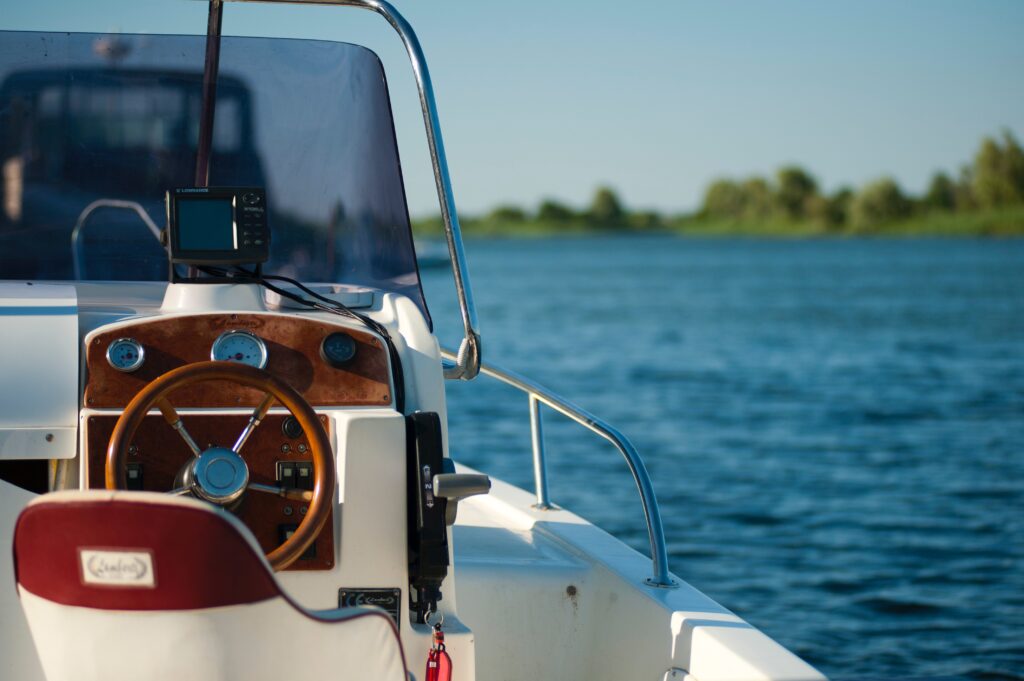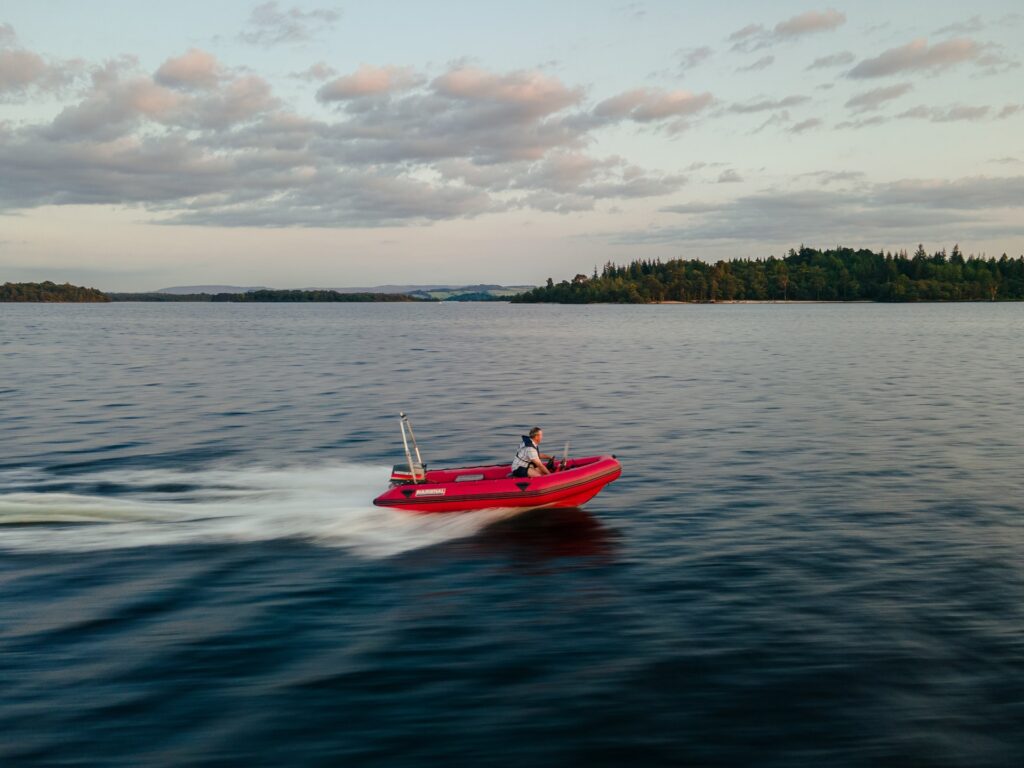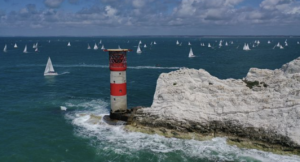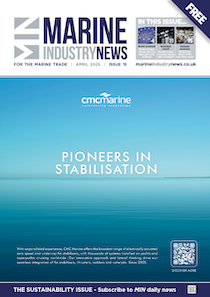British Marine report shows post-lockdown state of the market

British Marine has published the latest edition of its annual economic report, highlighting the impact of the Covid-19 pandemic and supply chain crisis on the boating and watersports industry in the UK.
The report, Key Performance Indicators for the Leisure, Superyacht & Small Commercial Marine Industry (2020-21), shows that the UK marine industry experienced a difficult year in 2020, with pandemic-related public lockdowns, business closures, international shipping restrictions and reduced consumer activity contributing to a sharp decline in turnover, with a contraction in like-for-like revenue of 22 per cent compared to the previous 12 months.
Total industry revenue is now estimated at £3.4 billion – six per cent above the level of industry output seen back in 2017-18 (£3.2 billion).
The report demonstrates how the UK’s domestic boating tourism sector was most heavily impacted by Covid-19 public health restrictions, with operators prohibited from offering any kind of boat tour, charter or hire activity to consumers until midway through the boating season, then being forced to operate at a heavily reduced capacity to accommodate new social-distancing safety protocols. Together, these companies experienced a 42 per cent like-for-like decline in income, compared with the 2019-20 financial year.
Boat and equipment manufacturing was also hit hard, with shipyards and factories closed or forced to operate with skeleton crews during lockdown and manufacturers impacted by subsequent supply and staff shortages for much of 2020-21.

Overall, manufacturing revenue fell an estimated 27 per cent in 2020-21, with boat production revenue down 33 per cent and boat production (unit) output declining by 11 per cent. Supporting business services performed comparatively well. With services able to keep operating remotely during the lockdown, sales only declined by 14 per cent overall. Declines were concentrated among businesses offering onsite technical services or in-person events and crewing services; services that catered to marine businesses’ renewed focus on strategic planning, marketing, and upskilling during the lockdown or provided direct-to-consumer digital services fared better.
However, the industry has been recovering rapidly, thanks to a post-lockdown surge in boat and watersports equipment sales and rentals as consumers concentrated their spending on staycations and outdoor recreational activities as an antidote to public health restrictions.
The latest boat sales data indicate that new and used boat sales revenue has grown over 25 per cent compared to their pre-pandemic level (2021 calendar year compared with the 2019 calendar year).
British Marine says it expects boating tourism services will show similar revenue increases when this data becomes available. According to British Marine’s latest forecast, industry revenue is expected to grow 11 per cent in 2021-22, spurred by domestic boating tourism and boat and equipment sales.
Quarterly sentiment polls conducted in 2021 show that across each quarter the majority of marine businesses saw sales increase compared to the same period in 2020. On average, 70 per cent of these businesses were optimistic about their future prospects when last surveyed at the end of 2021. The last time business confidence was anywhere near this high was in September 2017 (54 per cent), when the outlook was buoyed by Brexit-related currency depreciation and its impact on marine exports and domestic tourism.
British Marine says it is currently preparing a number of new reports to be published this summer (2022). This includes a new consumer report looking at the participation and purchasing behaviour of British boaters and boat owners post-covid, as well as an updated review of the UK marina and moorings market.











